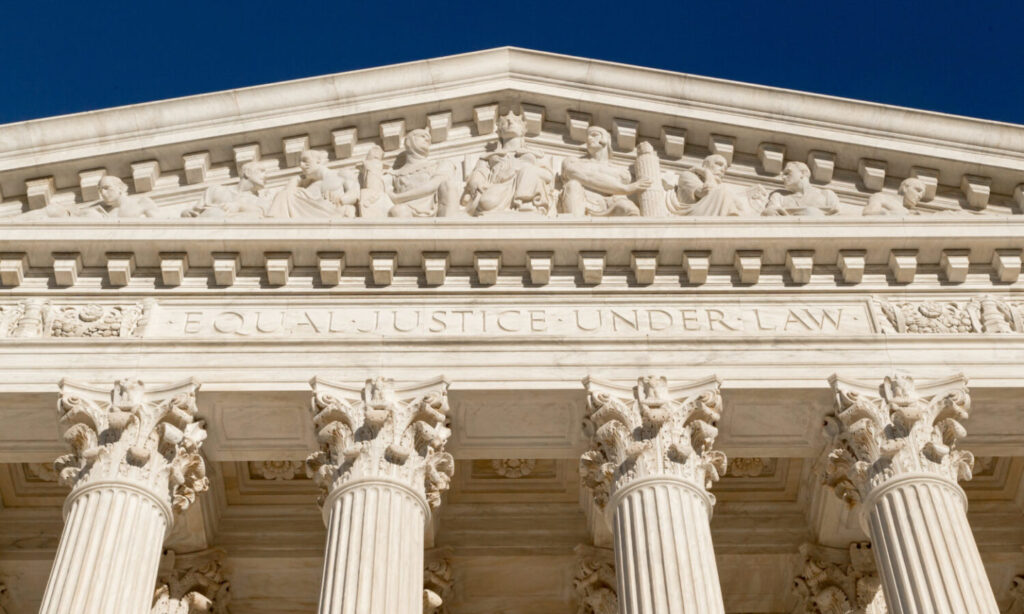Supreme Court may strike down race-based admissions policies in universities
Two cases before the Supreme Court have the potential to end affirmative action in university admissions.
Such admission policies have been challenged on the grounds that they might disqualify…

Two cases before the Supreme Court have the potential to end affirmative action in university admissions.
Such admission policies have been challenged on the grounds that they might disqualify students based on race.
The Court heard oral arguments Monday for both cases, lawsuits which were brought in 2014 by the organization Students for Fair Admissions (SFAA) – one against Harvard University and the other against the University of North Carolina at Chapel Hill (UNC).
The Harvard suit alleges that Asian American individuals who apply to Harvard are not as likely to be accepted as members of other races with comparable qualifications.
In the other suit, SFAA claims, “UNC discriminates against its members by considering race in its admissions process when the university does not need to do so to assemble a diverse student body,” writes Court reporter Amy Howe.
Race-based affirmative action was upheld in the 2003 case Grutter v. Bollinger, in which the Court ruled it is permissible “so long as it is intended to try to achieve an educational benefit by having a diverse body,” according to one summary. In the majority opinion, Justice Sandra Day O’Connor said that she “expects that 25 years from now, the use of racial preferences will no longer be necessary to further the interest approved today.”
Now, SFAA is calling for Grutter to be overruled. The group stated in a court filing that “public schools have no legitimate interest in maintaining a precise racial balance, and they have no compelling interest in preventing minor dips in average SAT scores.
“The same Fourteenth Amendment that required public schools to dismantle segregation after Brown cannot be cowed by the diktats of university administrators.”
SFAA invokes the Brown v. Board of Education decision in both cases, arguing that Grutter is inconsistent with Brown, the landmark decision that race-based segregation in public schools violated the 14th Amendment. The group also argues that Harvard, though a private school and thereby not controlled by the 14th Amendment, is still subject to Title VI of the Civil Rights Act of 1964.
Though the scope of the cases is limited to admissions policies, the potential overruling of Grutter is expected to have a much wider impact. Harvard and UNC both claim that even businesses and the medical field would be impacted.
However, others view a ruling favoring SFAA as a step towards justice for university applicants, such as the Asian groups that SFAA argues are hurt by policies like these.
“Racial preferences are an injustice to the people who should have been accepted to a university but were rejected to make room for an applicant who was let in because of his or her immutable characteristics,” Mike Gonzalez, senior fellow at the Heritage Foundation, told The Center Square.
A decision from the Court is expected sometime next year.



